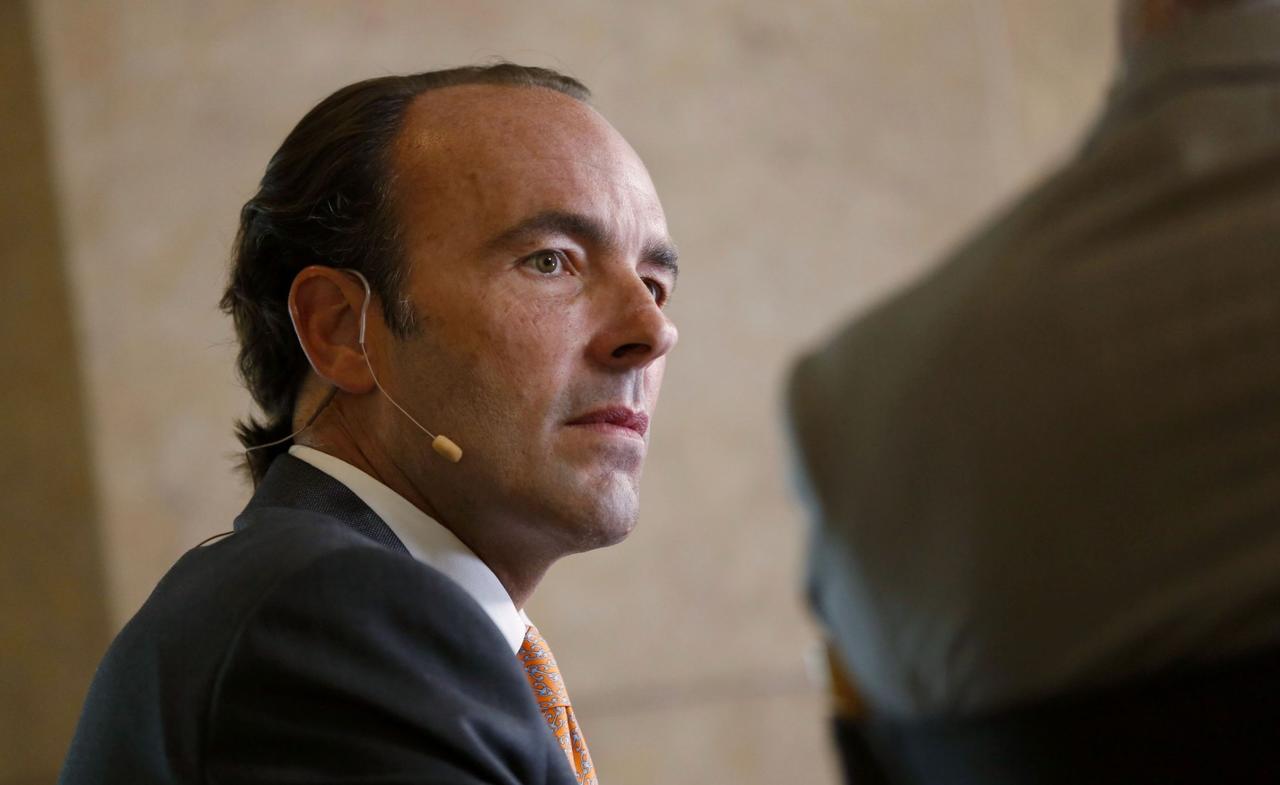Kyle Bass Feuds With Texas Real Estate Developer Over Anonymous Blog Post
Tyler Durden
Fri, 10/30/2020 – 14:49
Short sellers have largely been riding high this year, with a handful of notable victories, including Nikola, Wirecard and Luckin Coffee. But for every example of a short play hitting the jackpot, it seems there are another five where the investor got burned. And even when investors’ independent research stokes the interest of federal regulators and prosecutors, sometimes, the company can still come out on top (as we learned from Bill Ackman’s unsuccessful bet against Herbalife).
But in a rare example of a firm fighitng back against a successful short-seller campaign, Bloomberg on Friday published a lengthy feature chronicling a legal battle involving Kyle Bass and his firm, hedge fund Hayman Capital, and a Texas-based REIT called United Development Funding, or UDF.
For the bulk of this year, Bass has focused his attention on attacking China’s assault on freedoms in Hong Kong (back in 2019, he unveiled a long-shot bet that Hong Kong’s currency peg to the dollar might break). But the lawsuit brought against Bass by UDF has implications for the broader industry. Like everyboyd else, hedge funds have a first-amendment right to publish reports, even anonymously, outlining allegations of fraud or other irregularities that have, for whatever reason, been withheld from shareholders.
So when Kyle Bass logged in to Harvest Exchange, a popular Seeking Alpha-type platform, and posted his report outlining allegations of fraud at UDF under a pseudonym (allegedly because he wanted readers to focus on the information, not the source), he didn’t feel like he was wading into some grey area.
UDFs’ shares tanked on Bass’s research, and after more than a year of pestering the SEC and the DoJ, an investigation into UDF was eventually launched, and the firm’s offices were raided, sending its stock even lower.
Bass’s firm made only $10 million on the trade, a sum that was “not worth the five years of aggravation” that Haymen spent investigating UDF, including doing some serious forensic accounting, hiring PIs and investigating development sites.
An analyst at Hayman brought the idea to Bass back in 2014, after Bass’s fund had suffered several consecutive years of underperformance. UDF raised money from investors and then loaned it out to developers at above-market rates. UDF had continued to pay strong dividends despite the damage wrought by the financial crisis, which aroused suspicion, Bass’s analyst said.
Here’s more from Bloomberg:
Bass’s analyst, Parker Lewis, learned about UDF from a friend, but at the time it didn’t have any publicly traded securities. Months later a large REIT raising money for UDF disclosed accounting errors, which prompted an FBI investigation. That led Lewis to question whether UDF was hiding its true financial situation. After months of research, he locked onto an explanation: When borrowers struggled to repay their loans, UDF used cash raised by newer funds to pay investors in older ones. Sometimes the newer funds would buy pieces of loans owned by the older ones in an effort to ensure that cash was available. These actions allowed UDF to keep paying the sizable dividends investors had grown to expect, which meant that it could continue attracting new investments.
To Lewis, it looked like a Ponzi scheme. By then, one of UDF’s funds had listed on Nasdaq and was a potential short target. Bass dismissed Lewis’s idea at first as being too small and too local. But Lewis was persistent. They had a massive fraud in their sights, he argued.
Bass alerted the SEC – via Hayman’s general counsel – but after burning through millions just borrowing the shares to finance the short against UDF, Bass made his move in December 2015, when he published the abovementioned anonymous report, which immediately went viral. Short-seller Andrew Left, who runs Citron Research, warned that the stock could go to zero. Banks immediately started pulling credit lines, and business partners cut ties, including blocking UDF from a lucrative deal. Then, the FBI raided the firm’s offices. Two years later, five executives agreed to a civil settlement with the SEC, and moved on.
But clearly, Hollis Greenlaw, a former tax lawyer who is the founder and driving force behind UDF, has been nursing a grudge, and is now trying to exact his revenge on Bass in the courts.
And in a bitter twist for the short-seller, Greenlaw’s lawsuit triggered the SEC to launch an investigation into Bass and whether he “knowingly published” false information, as Greenlaw alleges. His lawyers are now trying to get the government to turn over more nonpublic communications detailing Bass’s role in sparking the investigation into UDF.
Bass and Hayman have dismissed Greenlaw’s allegations as a “nuisance lawsuit”. But the argument being made is certainly interesting at a time when social media companies, and our society at large, struggles to parse the implications, and even the substance, of “misinformation”.
via ZeroHedge News https://ift.tt/3eaWKxu Tyler Durden
